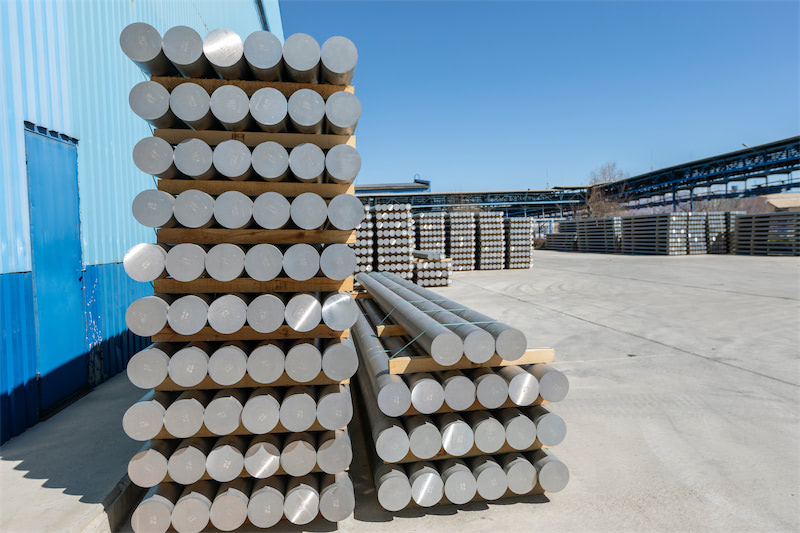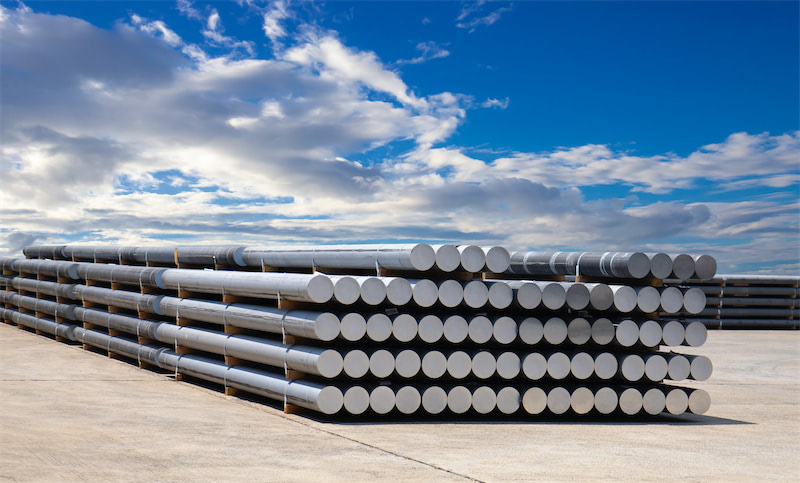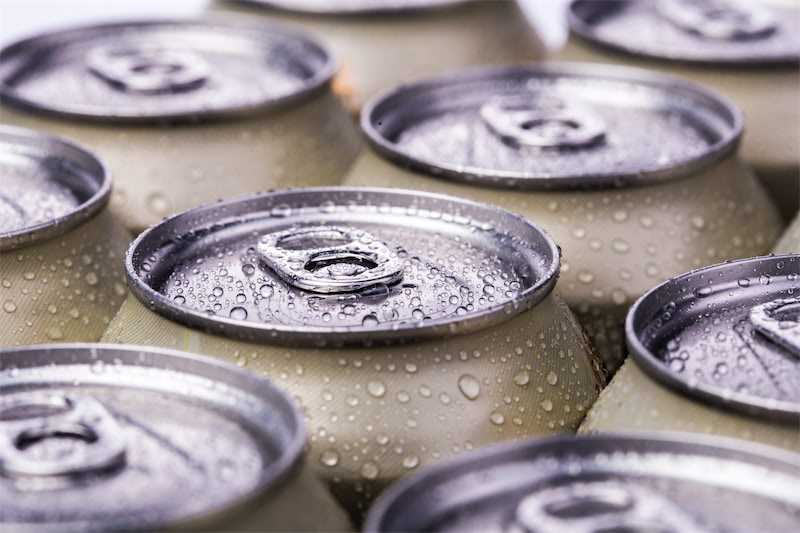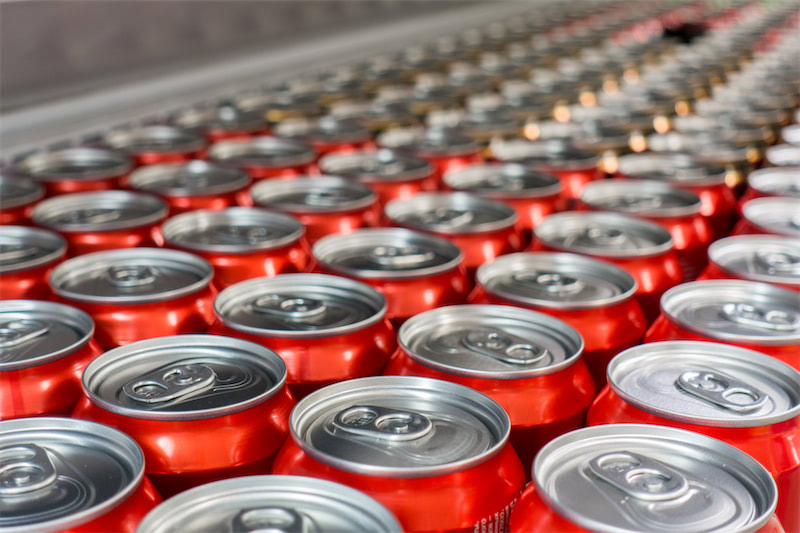Xinlun New Materials recently announced that the wholly-owned subsidiary Xinlun New Energy Materials (Changzhou) Co., Ltd. (hereinafter referred to as "Xinlun New Energy") and Honeycomb Energy Technology Co., Ltd. (hereinafter referred to as "Honeycomb Energy") signed the Strategic Cooperation Framework Agreement. According to the agreement, Nylon New Energy and Honeycomb Energy have reached a long-term strategic cooperation, which will carry out in-depth product research and development and technological exchanges and cooperation, and jointly develop innovative products with significant social significance and commercial value at home and abroad. During the cooperation period, Honeycomb Energy purchased soft-package battery aluminum-plastic film products from New Fiber New Energy from 2022 to 2023, with a total purchase volume of 20 million square meters.
This cooperation also provides a boost for new fiber and new materials to continue to expand their influence in the field of new materials. Since the beginning of this year, Xinlun new materials have made frequent efforts in the field of new materials, first completing the change of the name of the company, from "Shenzhen Xinlun Technology Co., Ltd." to "Xinlun New Materials Co., Ltd." since then began a series of business integration, production line construction and production and other actions, thus demonstrating its determination to focus on the new material industry.
At present, the straight-through rate of aluminum-plastic film produced by new fiber and new material is about 92%. According to the statistics of China Chemical and physical Power Industry Association, Xinlun's domestic market share of power aluminum-plastic film has reached 87% in 2020. At present, the aluminum-plastic film products produced by Xinlun new materials are suitable for lithium-ion batteries and sodium-ion batteries. Liquid lithium iron phosphate batteries and other solid-state batteries and semi-solid batteries have become the leading enterprises in the industry. With the development of the new material industry, in order to maintain its advantage in the fierce market competition, new fiber and new materials actively expand their business and increase their production capacity.
Recently, Xinlun material announced that it intends to sell Guangming Industrial Park for 270 million yuan. Previously, Xinlun material said that in order to focus on the new materials business, further improve the efficiency of asset utilization and optimize the asset structure, the company actively spun off the non-material business and disposed of non-core assets. The sale of Guangming Industrial Park meets the needs of the company's actual production, operation and future development, helps to alleviate the short-term financial pressure, and has a positive impact on the concentration of resources and the development of core business.
It is worth noting that in mid-November, Xinlun Ximai announced that 660 million yuan of the funds to be raised in a non-public offering would be used to invest in the construction of two aluminum-plastic film production lines in Changzhou. New fiber and new materials currently have two aluminum and plastic film production lines in Changzhou. Production line 1 has a design capacity of 3 million square meters per month and has reached production capacity; production line 2 has been debugged and is currently in the stage of trial production and climbing, and is expected to reach production by the end of the year, with a capacity planning of 3 million square meters per month. In addition, Japan's Line 3 is scheduled to be relocated to China by the end of the year and is expected to be put into production in 2022 with a planned monthly production capacity of 2.5 million square meters per month.
Aluminum-plastic composite film (referred to as "aluminum-plastic film") is mainly composed of ON/AL/CPP (outer nylon layer / middle aluminum foil layer / inner heat sealing layer), and the layers are bonded by adhesive. Aluminum-plastic film is one of the key materials for flexible packaging lithium battery packaging, which plays a role in protecting internal cell materials, and has strict requirements in barrier, cold stamping formability, puncture resistance, chemical stability and insulation. Compared with cylindrical and square aluminum shell, soft package battery has obvious advantages in energy density, safety and flexibility, and has been widely used in 3C consumption, new energy vehicles and energy storage fields.




